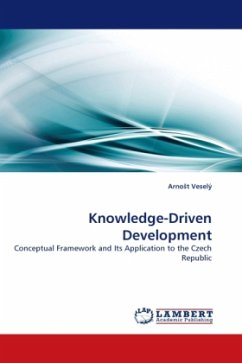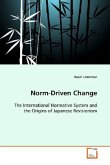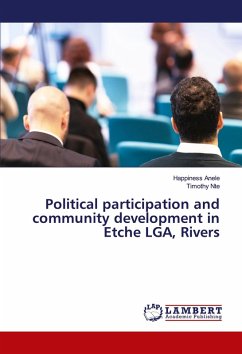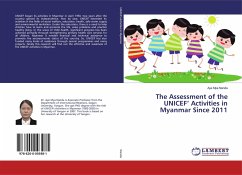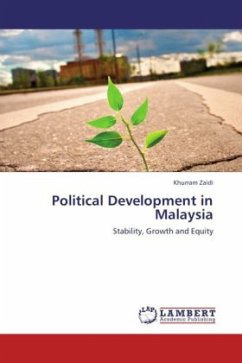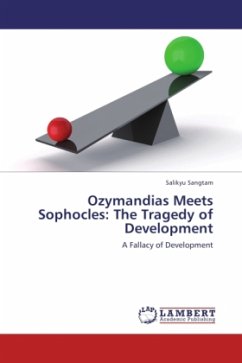There has been a hot debate on the so-called knowledge society or knowledge-driven economy in the last decade. It has been inspired by the unique knowledge-driven economic development in countries such as Finland or Ireland. Many studies and strategies of "knowledge-driven economy" or "knowledge society" (referred to as knowledge-driven development or KDD in the book) have been created. Their common denominator is the idea that knowledge is replacing land, labor, financial capital or physical capital to become the key factor of production. The book attempts to review the possibilities and limits of such concepts. In the first part, a complex development framework is constructed by integrating three intellectual traditions: quality of life, forms of capital, and institutions. Then the concept of knowledge society is analyzed. Next, the movement towards a knowledge-driven society is analyzed on the case of the Czech Republic. In the last chapter, recommendations for public policy are formulated on the basis of previous analysis. The book should help all those interested in the theoretical foundations for creating and implementing KDD.
Bitte wählen Sie Ihr Anliegen aus.
Rechnungen
Retourenschein anfordern
Bestellstatus
Storno

